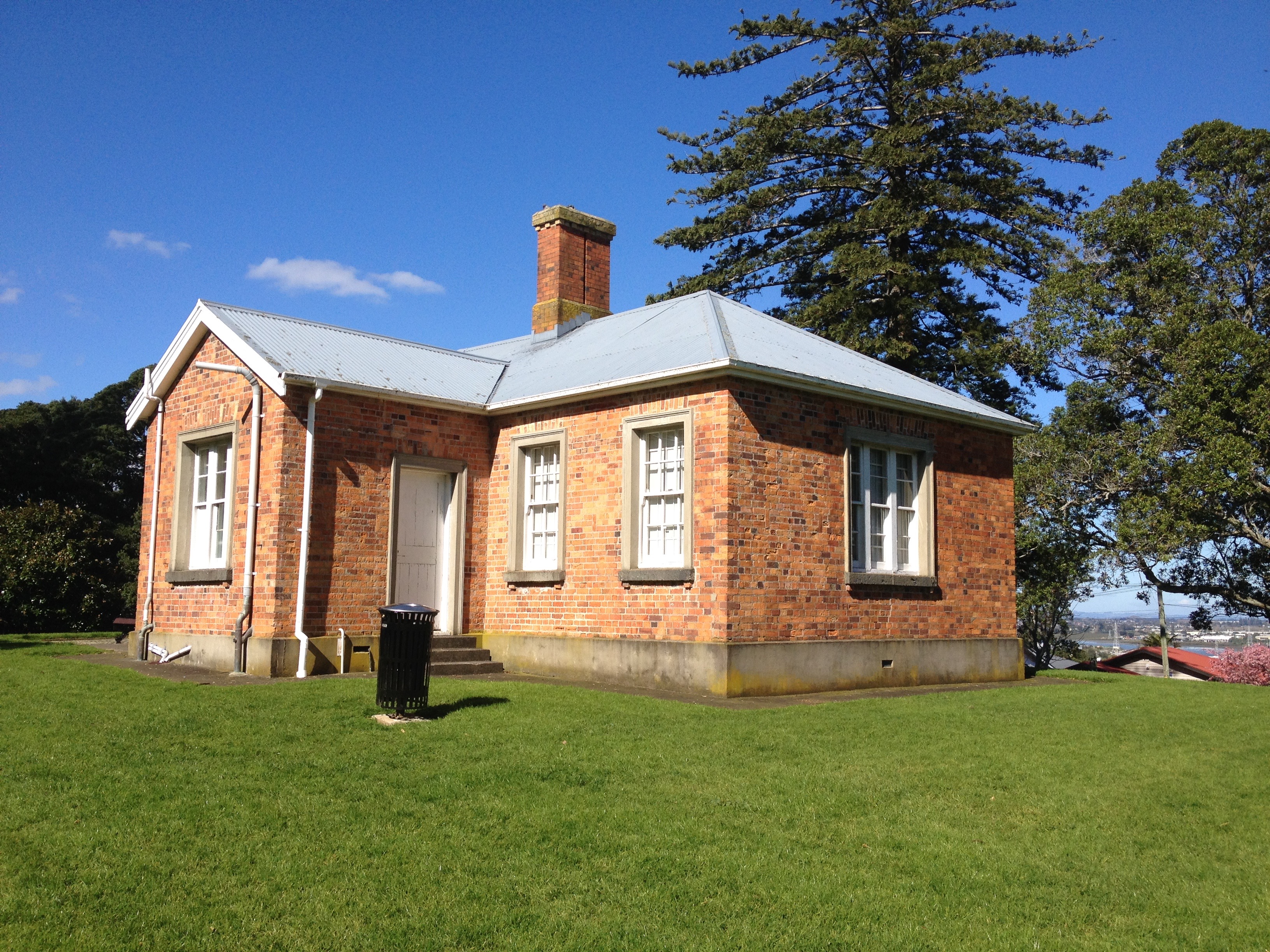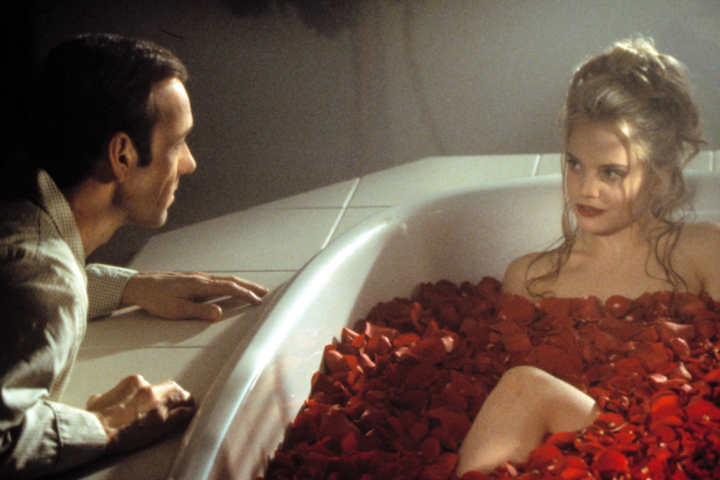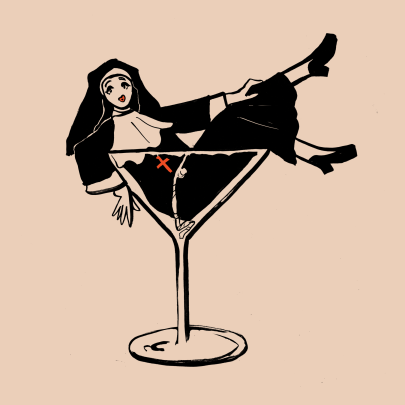Aug 25, 2016 Theatre
Writer and director Ash Jones has been working in theatre for over 10 years, most recently as a member of Nisha Madhan’s drama collective Town Centre. His forthcoming play Thomus is an original work written entirely in iambic pentameter, and explores the themes of adolescence and agency. Here, Jones explains the meaning behind the show in his own words.

This building is where everything started. I used to live down the road from Jellicoe Park, and on a sunny day I would head to the top of the hill and sit on the steps of Onehunga Blockhouse to write in the sun. It’s an excellent park to write in because it’s simply beautiful. It was here I started formulating an idea for a show. I asked myself what I wanted to say, whether I wanted to write about my own experiences. That sort of thing.
The resulting play, Thomus, is a response to my parents separating. It’s a coming-of-age story about Thomus, a young man caught between two life stages. He discovers that he has the power to change the course of his life without his parents. He meets some dudes and they assist him in controlling some extra-legal earnings. Thinking this is the ticket that will fix his parents’ failing marriage, he goes along with it but, unfortunately, these dudes get their claws in him. Meanwhile, he meets a girl and together, they set about fixing everything. How will they do it…? Dum dum DUUUM.
An unusual thing about Thomus is that it’s written in iambic pentameter, like Shakespeare. Iambic pentameter consists of five “feet” – a foot being an unstressed syllable next to a stressed one – de dum. So, de dum de dum de dum de dum de dum, or; “Why then methinks ’tis time to smile again.”. There’s lots of things you can do to play with it, for example starting with a stressed syllable or having two characters share a line.
When I was a kid I wanted to act. I wanted to be super famous and well loved. I went so far as to write affirming mantras on the roof above my bed.
The effect of the iambic is this playful high and low thing. The verse makes it classical sounding, but the content can be quite Kiwi and banal. It creates this surreal world in which Kiwis speak their hearts and minds very eloquently and playfully. Sometimes I drop the meter completely and go right to naturalism. Sometimes the characters’ language flowers out in verbosity. It’s kinda like all the performers are playing a language game, and sometimes they play it well, other times they get distracted by what’s going on and they forget how to play. I like it.
I loved writing in this style. It almost wrote itself sometimes; if you just focus on the rhythms, the words and different voices just sort of flow. I’ve always loved writing poetry so in a way, this is that, an epic poem with a narrative. I’m a big fan of hip-hop, rap and dance-hall so all that rhythm and lyricism is in me. In a way I just listened and the play came. In pieces.

The films Donnie Darko, The Beach, and American Beauty have all had an influence on this play. They all involve people going through transitions. A common theme is the mystery of consciousness. In all three, the filmmaker uses dreams or hallucinations to illustrate an inner-change taking place inside the protagonist. All investigate the emotional toll on modern humans living in this grey, capitalist society. American Beauty and Donnie Darko investigate this through the nuclear family unit, something I investigate in my play. They all ask really big and deep questions, but there’s really ordinary day-to-day stuff too.
When I was a kid I wanted to act. After watching the first Lord Of the Rings, I realised the only way I could actually be a soldier in a Medieval army fighting atop a parapet was if I became an actor. I thought that was the coolest job. I went so far as to write affirming mantras on the roof above my bed. I wanted to be super famous and well loved. While I’m not riding horseback with a sword at the moment, I’m doing something much more enjoyable, creating. I reckon my little 11-year-old self would be stoked with what I’m up to.
– Ash Jones, as told to Alice Harbourne.
Thomus, 30 August-September 10, Basement Theatre. basementtheatre.co.nz





